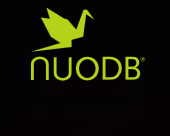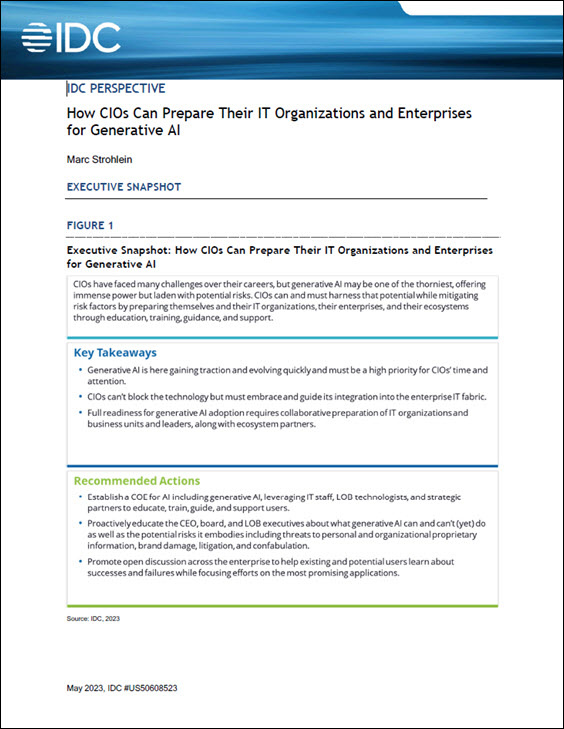
NuoDB, the distributed SQL database company, unveiled NuoDB 4.0, featuring expanded cloud-native and cloud-agnostic capabilities with support for Kubernetes Operators and Google Cloud and Azure public clouds. This includes the recently announced Kubernetes Operator to simplify and automate database deployments in Red Hat OpenShift. The Operator leverages NuoDB Admin, a new, simplified management tier that includes a REST API designed to improve database lifecycle management and ensure simple and seamless deployment of NuoDB for cloud and container environments. Also in this release, in addition to supporting Amazon Web Services, NuoDB is now certified for both Azure and Google Cloud Platform, providing customers with a choice of public clouds to deploy NuoDB as well as the option to deploy on-premise or in private clouds.
NuoDB 4.0 also includes significant indexing improvements, such as added support for online index creation and expression-based indexes. Online index creation enables customers to create indexes without impacting application availability. Expression-based indexes enable customers to create indexes based on general expression and functions, improving performance for queries using expressions or functions. Finally, 4.0 offers significantly improved index creation performance, up to 50% faster than previous versions of the database.
From an operational perspective, NuoDB 4.0 includes improvements to how NuoDB is packaged and distributed. Delivery of the database is now separate from all drivers and some client utilities. A new client package now provides all supported drivers and client utilities, including full support for LDAP authentication. In addition, network encryption has been upgraded to TLS 1.2 using customer provided certificate keys.
“We are committed to helping customers easily modernize as well as build next generation applications to effectively compete in today’s global market,” said Ariff Kassam, VP of Product at NuoDB. “NuoDB 4.0 was designed to extend the value of our distributed SQL database and harness the power of Operators to ensure seamless deployment of applications across any environment.”
Sign up for the free insideAI News newsletter.




